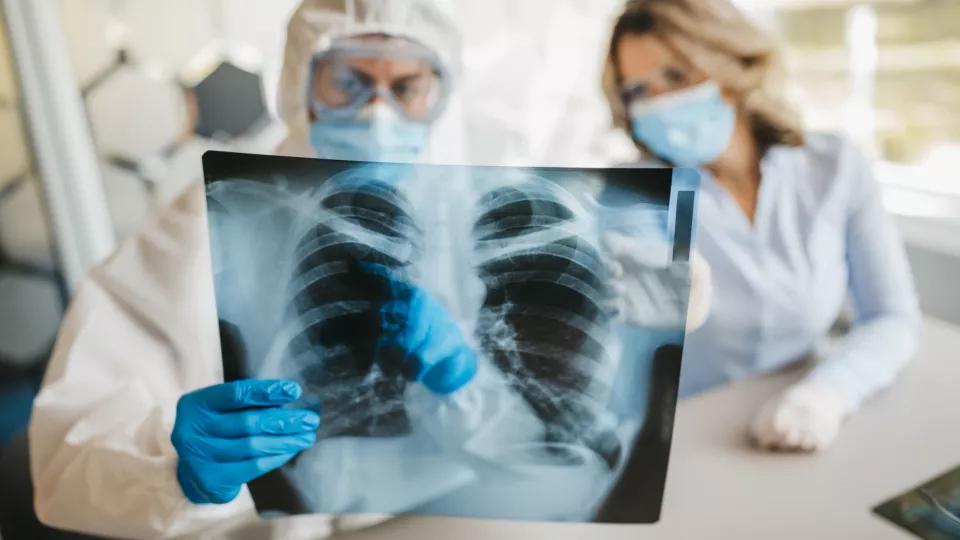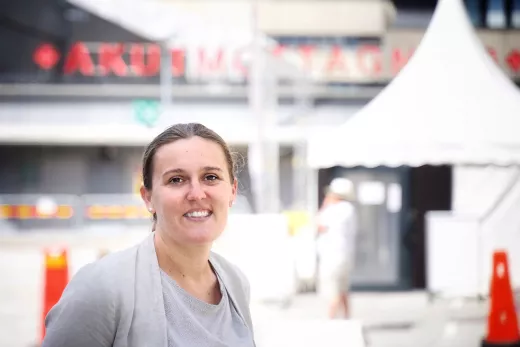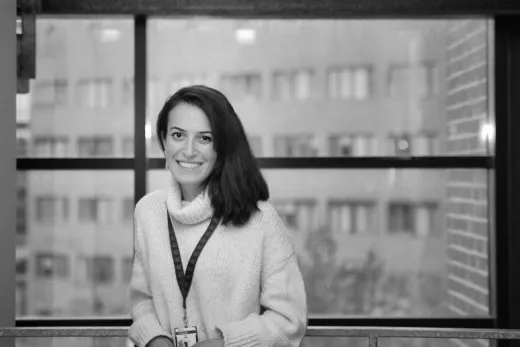The most recent SARS-CoV-2 outbreak is deadly. Even now that vaccines have been approved and the first patients have received them around the world, concerns remain with administering a vaccine to the world population and technologies to ramp up production are still needed.
The long-term efficacy of these vaccines also remains unknown. During this time, it is critical to identify additional approaches to protect vulnerable patient populations so that society can begin to return to near normal.
Developing new drugs from scratch is a lengthy process. Thus, repurposing drugs, which are already tested and have known safety profiles in humans, is a promising strategy to develop therapies for COVID-19. However, current lab models that are used for virus infection do not mimic the human respiratory tract, which is thought to be one of the first sites of coronavirus entry.
New ways of testing lung cells
The research project is a collaboration between preclinical, clinical researchers and a company, an efficient way for creating synergies in research.
Project Manager for the study is researcher Sinem Tas:
“We will use lung cells taken from healthy patients and patients with underlying diseases known to have increased risk for developing Covid-19 from SARS-CoV-2 infection to hopefully identify approved compounds which could be repurposed for preventive SARS-CoV-2 therapy in vulnerable populations.”
This model will allow the researchers to directly infect human airway cells ex vivo with a SARS-CoV-2 pseudovirus, as well as examining the potential efficacy of drugs in cells derived from patients with underlying co-morbidities known to increase Covid-19-associated disease severity and mortality.
Since this research is Covid-19-related, you’re working under time pressure. Is that good or bad?
“Of course there is a time pressure. Everyday more people are dying due to Covid-19. It is not easy to work under time pressure but as scientists, we have a huge responsibility. Like other researchers around the world, we need to work day and night to develop new therapies to stop the virus and bring daily life back to normal again”, says Sinem Tas.
Filling an important gap
Together with an industrial partner Cellevate, an innovative biotech company based in Lund, the researchers developed a new method for medium-high throughput drug screening of human airway cells which allows several hundred compounds to be evaluated on cells from individual patients.
“The model that has been developed with our collaborators will fill an important gap for current and future drug screening efforts for the upper or lower airways using human airway cells. This can accelerate the time from discovery to clinical trials and could also further reduce the burden on the healthcare system. We have begun running the pilot round of testing before doing the main drug screen. This is to ensure that we have a good working system before doing a costly drug screen”,says associate professor and senior lecturer Darcy Wagner.
Different perspectives solve difficult problems
Even before the pandemic, the Wagner group existed with researchers from different backgrounds working on new therapies for respiratory disease. The special group in this collaboration is called Lung Bioengineering and Regeneration and is comprised of researchers with backgrounds in medicine, biology, chemistry and engineering. They will conduct the drug screening portion of the project, including building the primary human lung model as well as drug screening assays and pharmacological discovery in that model. They have already developed techniques to isolate primary lung cells from discarded surgical waste after lung transplantation.
“One of our researchers, Sandra Lindstedt, associate professor in cardiothoracic surgery and heart and lung transplantation at Lund University Hospital, has been treating patients with Covid-19 since the start of the pandemic and we discuss regularly with her and receive constant input and clinical perspectives regarding implementation of potential therapies”, says Darcy Wagner.
Sinem Tas emphasises how exciting all interdisciplinary cooperation is; that you bring different perspectives to solve a difficult problem or generate a unique solution. However, each research area has its own way of working and its own terminology, so communication between the parties is very important.
“Frequent meetings and communication are also important to keep things moving and that is where we benefit from the compact structure of Lund. All project partners are within a 15-minute walk from one another so that allows spontaneous visits and sharing of equipment and resources, which we think is why we have been able to make such fast progress on this in a short amount of time.”
Adaption: Bodil Malmström




